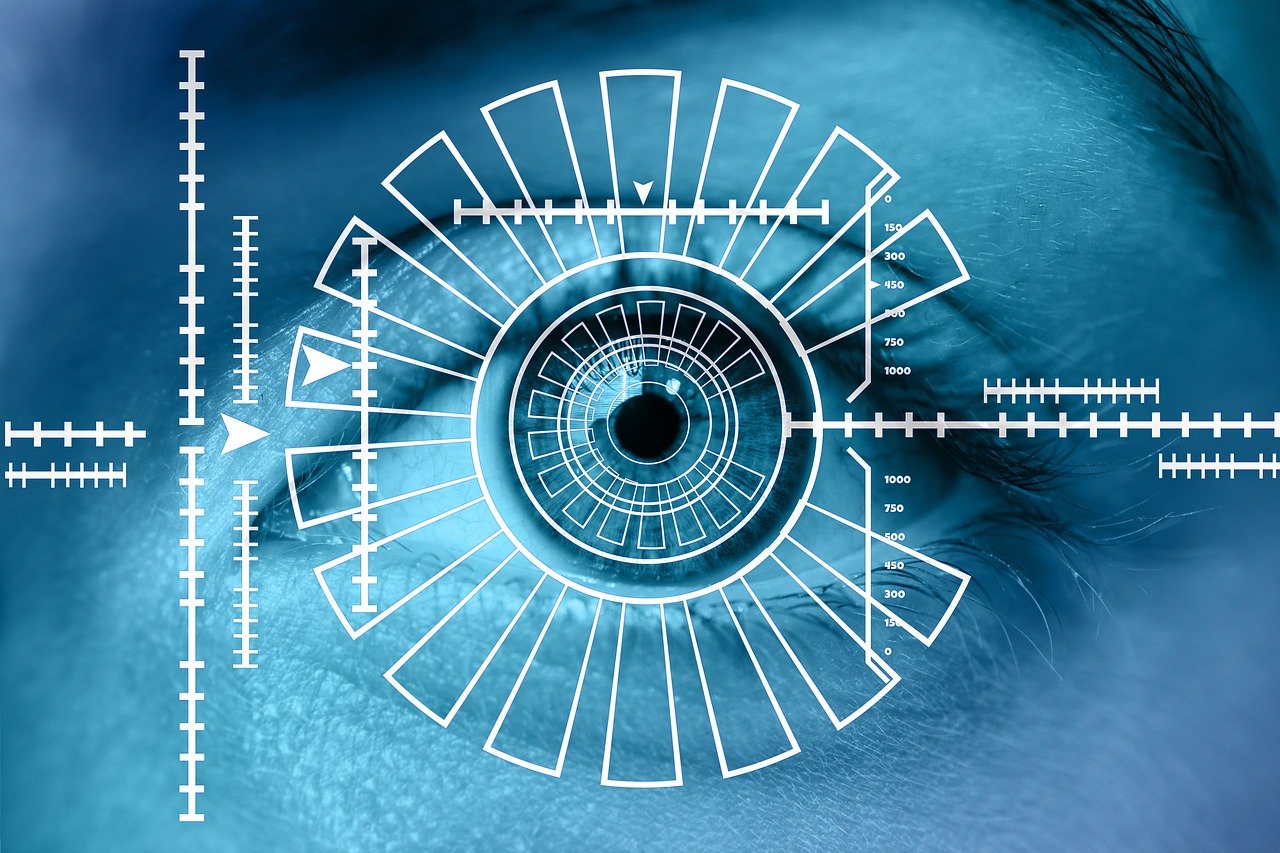This post is also available in:
 עברית (Hebrew)
עברית (Hebrew)
These smart contact lenses for human-machine interaction (HMI) track eye movements and can be used for health care and augmented reality (AR) applications. They work on radio frequency, don’t require battery or conventional silicon chips, and are biocompatible and imperceptible.
These lenses developed by Chinese scientists use methods like pupil center corneal reflection and electrooculography (EOG) to track eye movements. The study published about this innovation claims its eye-tracking techniques enable highly efficient, natural, and effortless human-machine interaction by detecting users’ eye movements and decoding their attention and intentions.
According to Interesting Engineering, the chip-free and battery-free lens employ the frequency encoding strategy and successfully detects eye movement and closure. The researchers reportedly used a frequency-encoding approach when developing the smart contact lenses involving the encoding of information about eye movements into radio frequency signals. This strategy helps accurately track eye movements without the help of batteries or conventional silicon chips and makes the lenses more lightweight, compact, and body safe (the researchers state the lenses can be worn for up to 12 hours in various environmental conditions). Furthermore, this technology also eliminates the possibility of leakage of iris and other biometric information.
The high angular accuracy of the lenses enables eye command recognition for broader HMI applications, and they are even capable of detecting gazing directions and real-time gazing points, which can be helpful for robot control.
The scientists also implemented comprehensive biocompatibility tests that demonstrate low cytotoxicity and low eye irritation.
The developers expect the contact lenses to enrich approaches of eye tracking techniques and promote the development of human-machine interaction technology. Prof. Fei Xu, co-author of the study, stated: “With the development of optoelectronic technology and the improvement of the flexible integration of optoelectronic devices, contact lenses will realize more and more functions in human-computer interaction and medical health.”


























